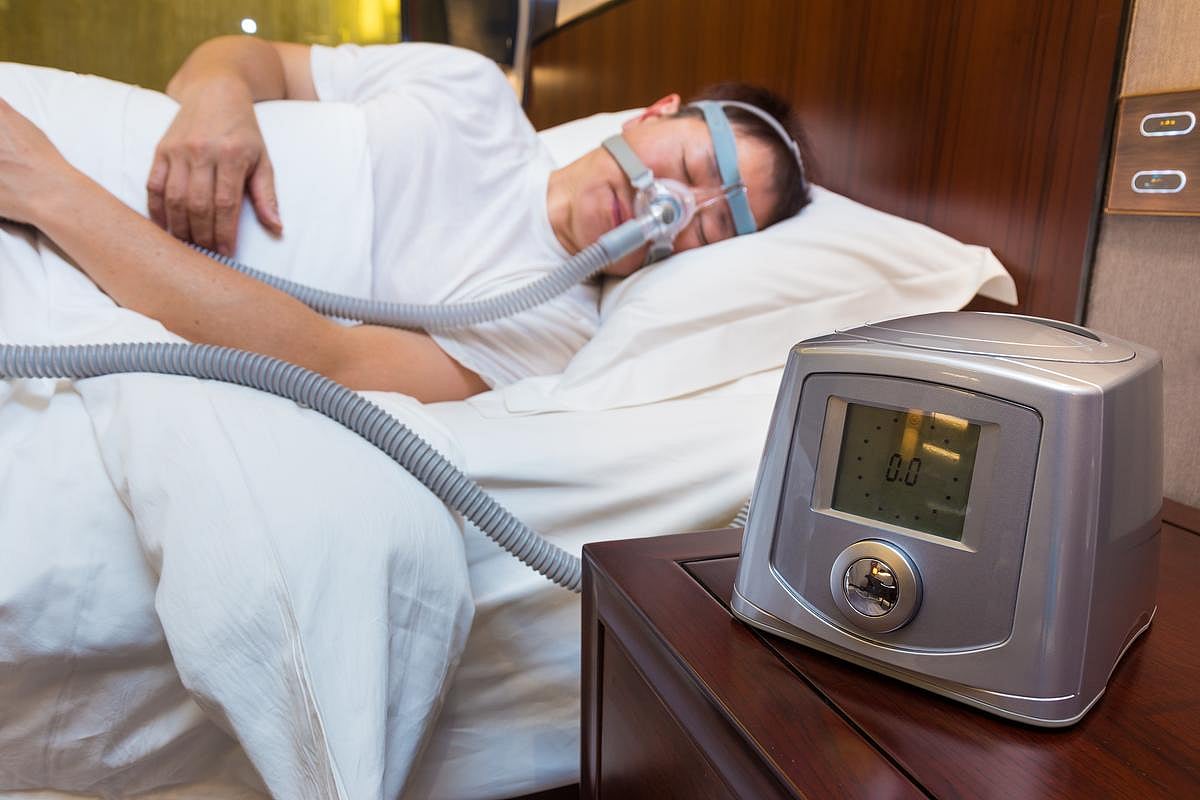Recursos del Paciente
Manténgase sano!
Air Pollution Worsens Sleep Apnea
- October 1, 2025
- Dennis Thompson HealthDay Reporter

Air pollution could be making matters worse for people with sleep apnea, according to a new study.
Sleep apnea patients have more episodes of reduced or stopped breathing during their slumber in areas with heavier air pollution, researchers reported Tuesday at an European Respiratory Society meeting in Amsterdam.
Further, these sleep apnea episodes increased as air became more polluted, researchers found.
“We confirmed a statistically significant positive association between average long-term exposure to air pollution, specifically fine particles known as PM10, and the severity of obstructive sleep apnea,” researcher Martino Pengo, an associate professor from the University of Milano-Bicocca in Italy, said in a news release.
PM10 particles are less than 10 micrometers in diameter, according to the U.S. Environmental Protection Agency. By comparison, a human hair is 50 to 70 micrometers wide.
People with sleep apnea snore loudly and their breathing starts and stops during the night, disturbing their sleep. The condition is known to increase risk of high blood pressure, stroke, heart disease and type 2 diabetes, according to the Mayo Clinic.
For the study, researchers tracked more than 19,000 patients with sleep apnea from 25 cities in 14 countries. The team compared the patients’ apnea data from sleep studies with records of particle pollution in the air where they live.
Results showed that the number of respiratory events — breathing slowing or stopping — per hour of sleep increased by 0.41 for every one-unit increase in PM10 particle pollution.
“This effect may seem small for an individual, but across entire populations it can shift many people into higher-severity categories, making it meaningful from a public health perspective,” Pengo said.
Researchers also found the link between particle pollution and sleep apnea varied in strength between cities. People in Lisbon, Paris and Athens were more affected by air pollution.
“In some cities, the impact was stronger; in others, it was weaker or even absent,” Pengo said. “These regional differences might be due to things like local climate, the type of pollution or even how health care systems detect obstructive sleep apnea.”
Sophia Schiza, head of the European Respiratory Society’s expert group on sleep disordered breathing, said that “for people with obstructive sleep apnea, especially those living in cities with high levels of air pollution, this study is important as it suggests pollution could be making their condition worse.”
The study strengthens the connection between environmental health and sleep medicine, added Schiza, a professor of pulmonology at the University of Crete in Greece who was not involved in the research.
“It reminds us that tackling air pollution isn't just good for the planet, it's also vital for our lungs and our sleep quality too,” she said in a news release.
Findings presented at medical meetings should be considered preliminary until published in a peer-reviewed journal.
More information
The U.S. Environmental Protection Agency has more about particle pollution.
SOURCE: European Respiratory Society, news release, Sept. 30, 2025

